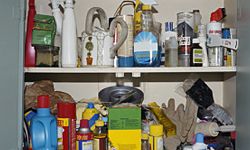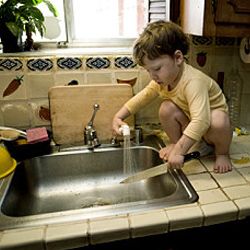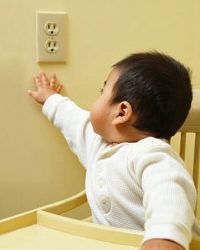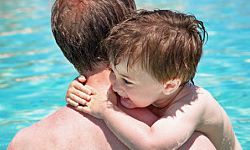We often think of our homes as our safe havens, but that's not always the case. Hundreds of thousands of accidents in and around the home occur in the United States each year, with close to half of all injuries and deaths happening right under someone's roof. There's no need to wear a helmet around the house all day, but here are some practical things you can do to help prevent accidents in your home.
Advertisement




